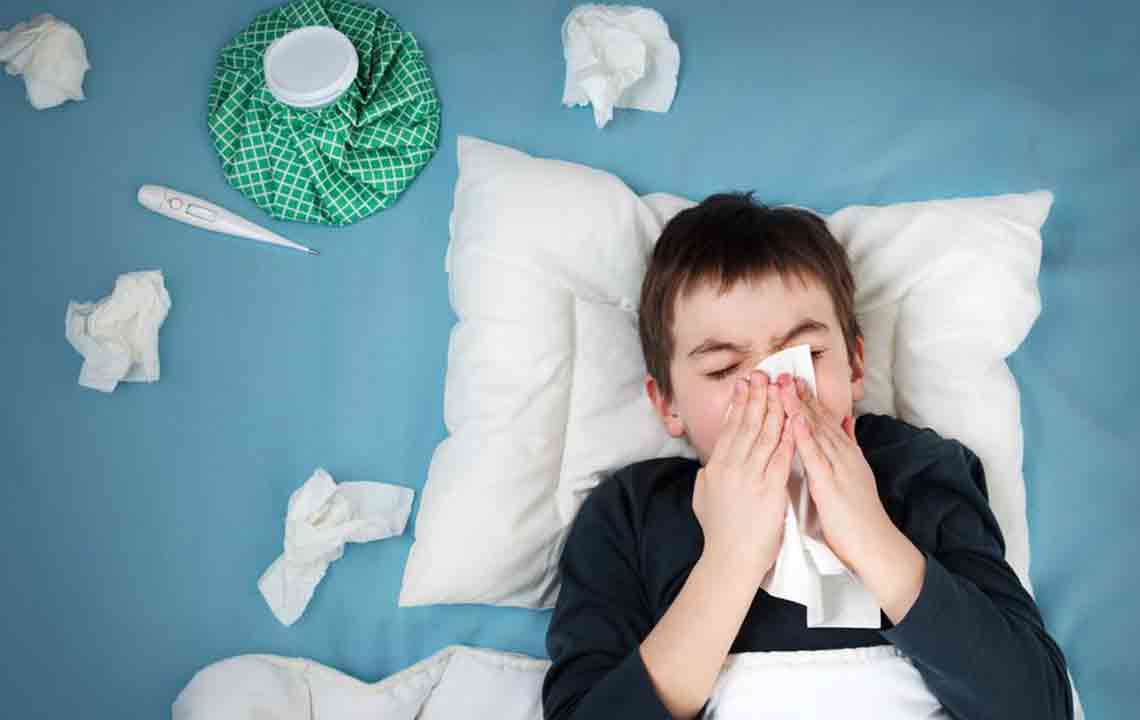Comprehensive Guide to Nasal Polyps: Symptoms, Underlying Causes, and Effective Treatment Options
Nasal polyps are benign growths affecting the nasal passages, often causing breathing difficulties and loss of smell. This comprehensive guide explores their symptoms, causes, and effective management strategies, emphasizing the importance of early diagnosis and treatment. It covers natural remedies, medical options, and lifestyle modifications to help individuals control and alleviate their condition, ultimately improving overall nasal health. Ideal for those suffering from chronic nasal issues, this article offers valuable insights into preventing and managing nasal polyps for better respiratory health.

Understanding Nasal Polyps: Symptoms, Causes, and Management Strategies
Nasal polyps are non-cancerous, soft growths that develop within the nasal passages and sinuses. They are typically teardrop-shaped or resemble clusters of grapes, forming on the mucous membranes lining the nose. Although painless and often small in size, these growths can significantly impact health by obstructing normal airflow and impairing the sense of smell. They tend to develop gradually and can remain unnoticed until they cause noticeable symptoms. Nasal polyps are more commonly found in adults, especially those with chronic inflammatory or allergic conditions.
Key symptoms and signs to recognize:
Chronic nasal congestion or persistent stuffiness
Runny nose that doesn't improve over time
Postnasal drip leading to throat irritation
Decreased or lost sense of smell and taste
Facial pain, especially around the forehead and cheeks
Upper dental or facial pressure
Frequent nosebleeds or bleeding episodes
Snoring or disrupted sleep patterns
Feeling of fullness or pressure in the face
If you experience these symptoms continuously for more than three months, it is essential to seek medical advice for an accurate diagnosis and appropriate treatment. Severe breathing difficulties or significant facial pain require immediate medical attention.
What causes nasal polyps?
While the precise cause of nasal polyps remains unclear, research indicates that chronic inflammation and immune system responses play vital roles in their development. These growths emerge from swelling of the mucous membranes lining the nasal passages and sinuses. Certain health conditions and environmental factors can increase the tendency to develop polyps.
Asthma and respiratory allergies
Allergic fungal sinusitis
Cystic fibrosis, a genetic disorder affecting mucus production
Sensitivity or allergy to aspirin and other non-steroidal anti-inflammatory drugs (NSAIDs)
Vitamin D deficiency, impacting immune regulation
Churg-Strauss syndrome, an autoimmune condition
Prolonged inflammation from these conditions can lead to persistent swelling, obstructing normal mucus drainage and promoting polyp formation. Understanding these underlying causes helps in strategizing effective management plans.
Recommended strategies for managing nasal polyps:
Maintain optimal nasal hygiene: Regular nasal cleaning using saline irrigation or sprays can help clear mucus and irritants from the nasal passages, promoting healthier mucous membranes.
Avoid environmental pollutants: Minimize exposure to cigarette smoke, chemical fumes, dust, and other airborne irritants that can inflame nasal tissues and exacerbate polyps.
Control associated health conditions: Proper management of asthma, allergic rhinitis, and other chronic inflammatory conditions can significantly reduce the risk of polyp development or recurrence.
Use humidifiers: Maintaining a moist environment in your home can help soothe inflamed nasal tissues and support normal mucus flow. Ensure regular cleaning of humidifiers to prevent bacterial and mold growth.
Adopt nasal irrigation techniques: Practices such as using neti pots or saline sprays can effectively flush out mucus, allergens, and other debris, providing relief and potentially reducing polyp size.
Consultation with healthcare professionals is advised before initiating any nasal treatment or lifestyle changes, especially for individuals with allergies or other underlying health conditions. Tailored treatment plans might include medications, lifestyle modifications, or surgical interventions when necessary.
Addressing nasal polyps early and effectively requires a comprehensive understanding of their symptoms, causes, and management options. With proper care, most individuals experience significant symptom relief and improved quality of life.





